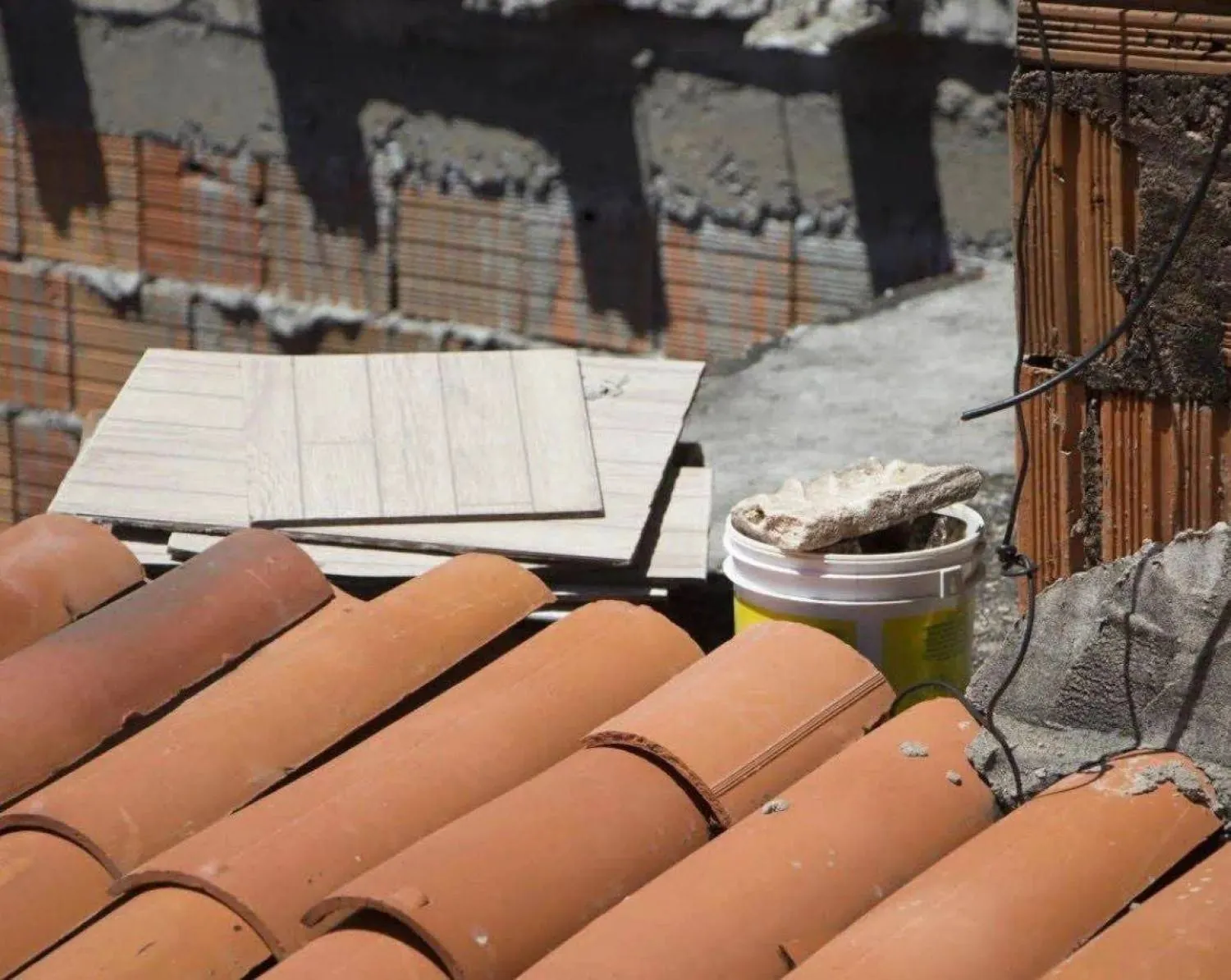Saudi Shura Council approved a new draft legislation outlawing harassment with sentences reaching up to two years in prison and fines up to $26,600 or one of the two sentences if convicted. The sentence could be increased to five years’ of imprisonment and a fine around $80,000 in certain cases.
The new law has been drafted because of the negative effects of harassment on the individual, the family and society. It aims to preserve the privacy and dignity of individuals guaranteed by the provisions of Islamic law and regulations.
Asharq Al-Awsat learned that the system aims at combating harassment, preventing its occurrence, applying the punishment to its perpetrators and protecting the victim, in order to safeguard the individual's dignity and personal freedom.
Another article of the law stressed that the victim's waiver or non-submission of a complaint does not preclude the authorities from taking the necessary measures in accordance with the provisions of the criminal law. Anyone who has witnessed a harassment case should inform the authorities to take necessary measures as well.
According to the law anyone who, based on the nature of their work, obtained information on any cases of harassment should maintain the confidentiality of such information, and refrain from disclosing the identity of the victim.
The Council discussed the necessary measures to prevent and combat harassment including: the mechanism of receiving complaints within the body, necessary measures to validate the complaints, and holding the concerned parties in the government sector and the civil sector accountable in case any employee violated any of the provisions of the law, in accordance with the procedures competent system.
The Anti-Harassment Law stated that without prejudice to any other penalty in the provisions of the Islamic Shariah or any more severe penalty provided in any other regulation, anyone convicted in a harassment case is subject to no more than two years' imprisonment and a fine not exceeding $26,600.
The penalty for the offense of harassment shall be imprisonment for a term not exceeding five years and a fine of not more than $80,000, or one of these penalties in case of repetition, or in case the crime was associated with a child or person of special needs, the defendant has direct or indirect authority over the victim, the crime occurred in a place of work, study, shelter or care, if the offender and the victim are of the same sex, or if the victim was asleep or unconscious or if the crime occurred in cases of crisis, disaster or accident.
The law also punishes any person who helps or allows the harassment by not more than half of the maximum penalty assigned to it.
The law will be put in effect from the date of its publication in the Official Gazette.









